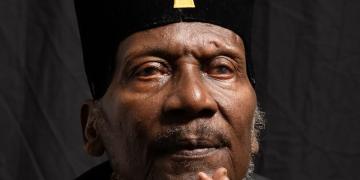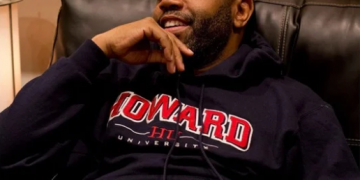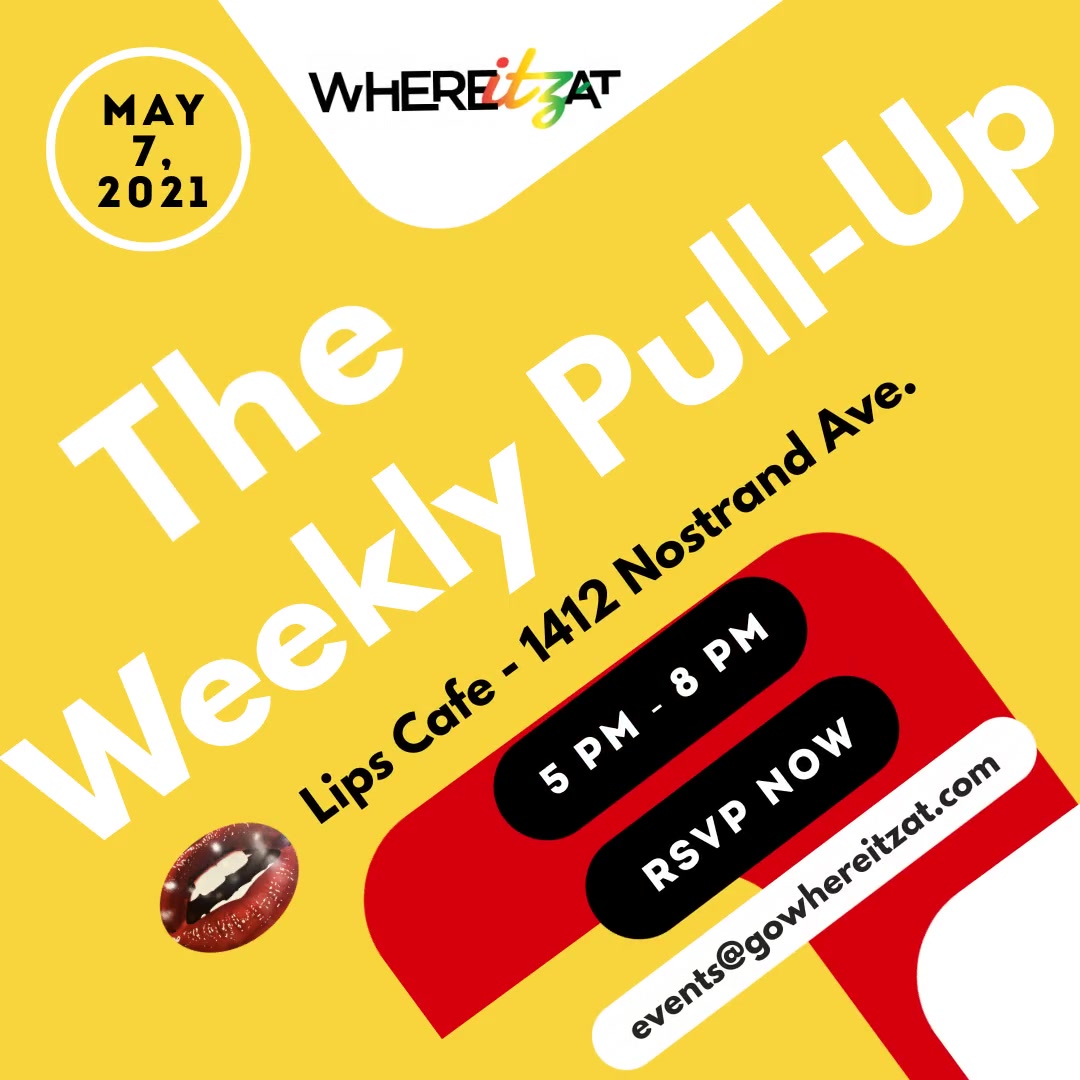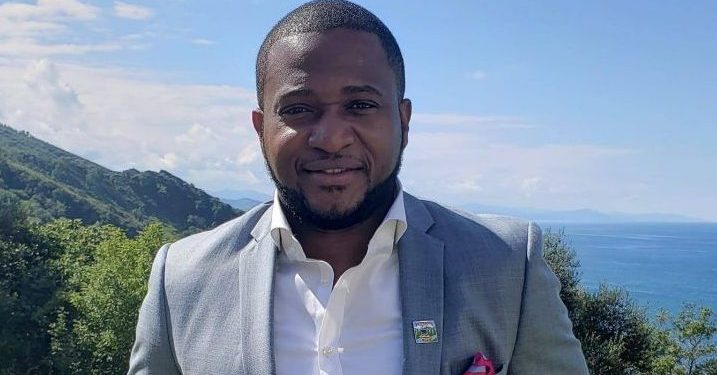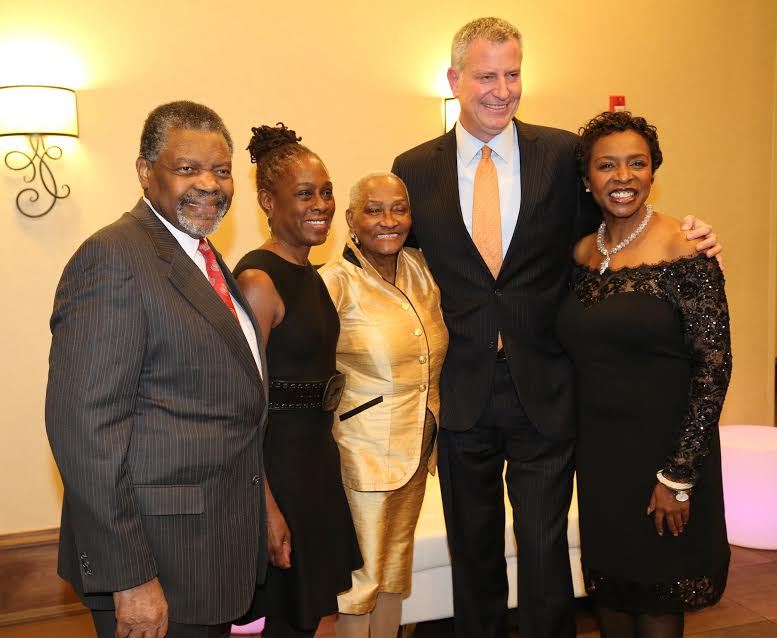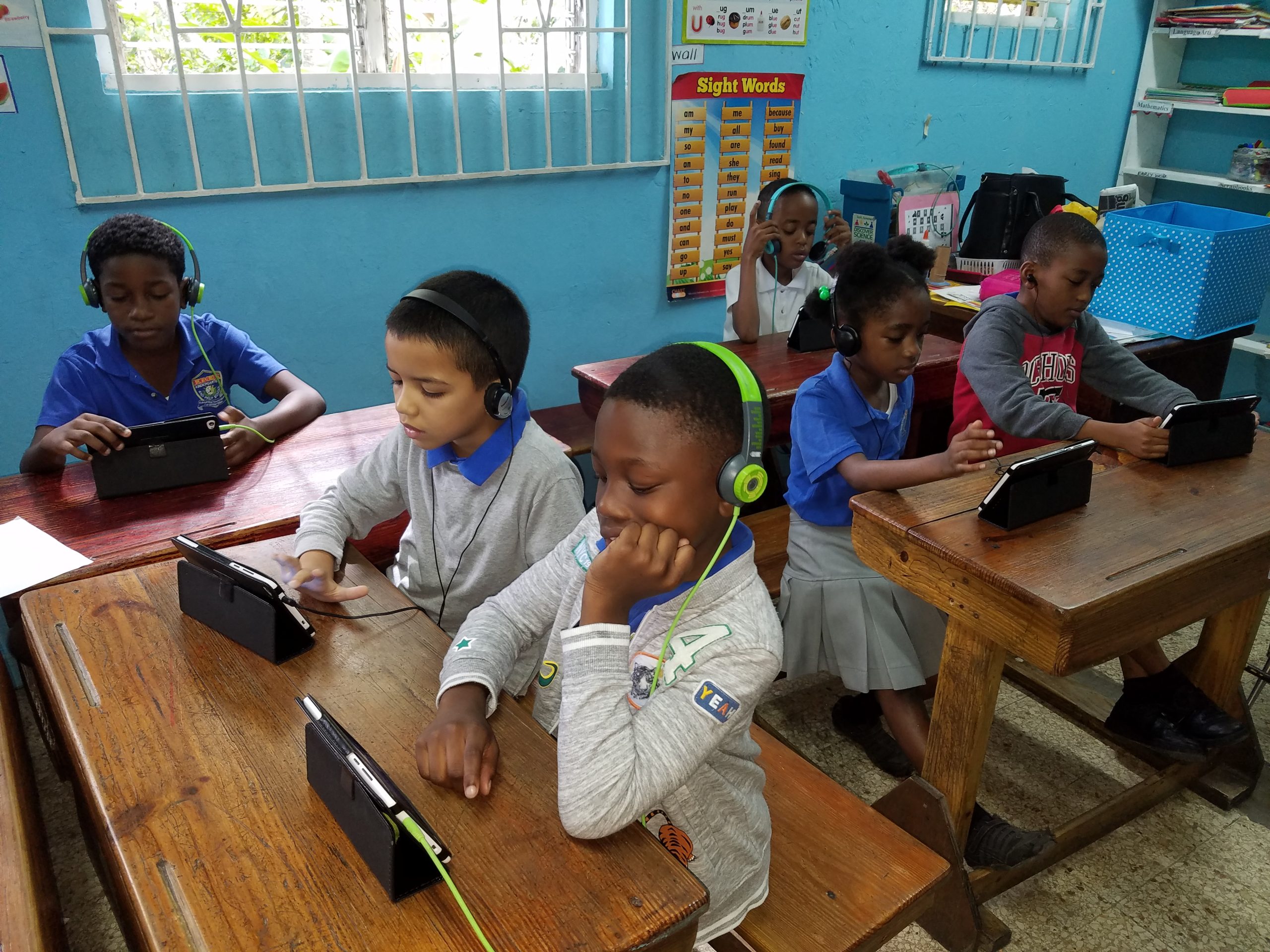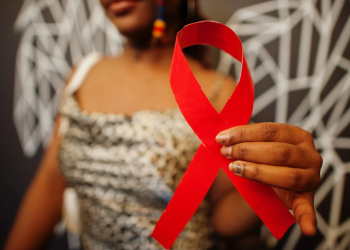
As the Creole Food Festival gears up for its much-anticipated return to New York City on July 20th and 21st, excitement is in the air. This year marks the festival’s sixth anniversary, and it promises to be bigger and better than ever before. Showcasing the talents of top Creole chefs of color from around the world, this two-day event at IXTA NYC will offer an immersive culinary experience with authentic dishes from the Caribbean, South America, Africa, Latin America, and the Southern United States. We sat down with Fabrice J. Armand, one of the visionary founders of the Creole Food Festival, to discuss the festival’s evolution, its mission to highlight Black and Brown chefs, and what attendees can look forward to this year.
WhereItzAt (WIA): What inspired you and Elkhair Balla to start the Creole Food Festival in 2018
Fabrice J. Armand (Fabrice): There was a desire to educate individuals about the rich diversity of Creole cuisine. Additionally, we aimed to provide a platform to showcase the skills of our talented chefs. The festival was also a way to organize top-notch events that promoted diversity and inclusivity. Lastly, we were inspired to highlight countries in South America, Africa, and the Caribbean in response to Former President Trump’s controversial remarks regarding them.
WIA: Can you tell us about the hiatus and what it took to bring the festival back this year?
Fabrice: The hiatus occurred because a major presenting sponsor canceled our festival sponsorship after seven months of meetings and correspondence due to alleged budget issues after verbally agreeing to sponsor the Creole Food Festival. With the major shortfall loss that we had experienced; we could not plan adequately for the festival since we were counting on those sponsorship dollars. It truly handicapped us as a small business and made it hard for us to move forward as originally planned. Considering this, we thought the best thing to do was to postpone it to the next year.
WIA: What are some of the new offerings or changes attendees can expect at this year’s festival compared to previous years?
Fabrice: We have 12 new chefs participating in the Creole Food Festival for the first time and many of them are Celebrity and Award-Winning Chefs who have never participated in any festival before. We also have a performance by a Reggaeton and Kompas artist. We are also hosting the Festival at IXTA which is a beautiful indoor/outdoor venue. Dubbed an “elaborately decorated fantasyland” by The New York Times, IXTA beckons you to immerse yourself in the revelry of the evening. Amidst illuminated floating lanterns, vibrant murals, and lush greenery, you’ll forget your troubles in this enchanting setting.
WIA: The festival now includes four major US cities. How did you decide on these locations, and what does the expansion mean for the festival’s mission?
Fabrice: There are other cities like the ones we have mentioned earlier that have requests and would like to host the food festival in the future, like LA, Houston, Oakland, Chicago, Portland, Austin, Nashville that share the same appetite. We are just waiting to broker the right partnerships and find the sponsorship dollars to expand in those markets.

WIA: Can you elaborate on the significance of showcasing chefs of color from multiple continents?
Fabrice: It has been proven that chefs of color must work five times as hard to gain the notoriety of their white counterparts. Those stats are even more dire when you are speaking about female chefs of color. Our goal is to continue providing chefs of color with a platform to level the playing field and showcase their creativity and talent.
WIA: What challenges have you faced in organizing such a diverse and large-scale event, and how have you overcome them?
Fabrice: SPONSORSHIP, SPONSORSHIP, SPONSORSHIP. In the beginning, the issue we heard from sponsors was that we needed to provide proof of concept. We have done this over the past six years and have showcased the most award-winning Black and Brown chefs than any other festival. Even after hosting the Creole Food Festival in New York, Miami, Atlanta, and New Orleans and now hosting in DC for the first time this year, it has been an uphill battle to gain sponsorship dollars. We have had to be creative, and my business partner and I have used our savings to build the festival. We must thank Brown Forman, Yelp, Uncle Nearest, the Greater Miami Convention and Visitors Bureau, Casa Matilda, Yave Tequila, Lincoln Road BID, for believing in us since the beginning.
In addition, we have dealt with venues that have tried to price gouge us after already agreeing to contract terms. We have had venues that have made prejudicial comments about our crowd and hosting us. We even had one venue tell us that our attendees would not be able to use their bathroom and that we had to get porta-potties. We continue to make sure that the venues we pick to host the festival understand the value and appreciate the dollars that we provide. We are thankful for venues that have hosted us in the past and most currently IXTA NYC for hosting us this year.
Lastly, we have not been able to afford the pricey media buys since we cannot gain the sponsorship dollars. Although it has been an uphill battle, we are also thankful to the publications, writers, and media companies that have helped tell our story. We must thank many of the writers who have reached out and written pieces on the festival because it has helped us increase our awareness.
WIA: How do you select the chefs for the festival, and what criteria do you use to ensure diversity and authenticity?
Fabrice: We are always researching and looking for talented chefs. Having worked with Barbados Tourism, Haiti Tourism, Caribbean Tourism Authority, and GCaribbean Magazine. We have met a great amount of talented Creole chefs from Chef Kelvin, Gregory Gourdet, Chef Thiam, Chef JJ, Chef Todd Richards, Chef Digby, Chef BJ Dennis, Chef Jennifer Booker, Chef Leen, Chef Jouvens, Chef David Destinoble, Chef Ron Duprat, Chef Erika Davis, Chef Max Hardy, Chef Cisse, Chef Cybille St. Aude and the list goes on. Our Chef Advisor Chef Stephan has also been instrumental in helping us identify talent.
In addition, we have received recommendations from chefs who have participated in the Creole Food Festival about other chefs to highlight.
Finally, we have received recommendations from attendees, people in the food community, friends, and chefs who have submitted their profiles to us. At times, if a chef is recommended and we do not have any experience with them, we will do a taste test with the chef to make sure their culinary skills will represent the level of excellence we want to display.
 WIA: What kind of impact do you hope the festival will have on the culinary community and the public’s perception of Creole cuisine?
WIA: What kind of impact do you hope the festival will have on the culinary community and the public’s perception of Creole cuisine?
Fabrice: We hope the festival continues to serve as a haven for chefs of color to showcase their talent and creativity. We also hope that the festival propels people to celebrate what unites them through food and culture. Lastly, we want people to experience authentic excellent cuisine from all the Creole countries that will be showcased.
WIA: Can you share some of the highlights or memorable moments from past festivals that have stood out to you?
Fabrice: I could share about five pages of moments if I had the chance regarding the Creole Food Festival but the most recent was having Caron Butler (Assistant Coach of the Miami Heat) attend the Creole Food Festival in Miami with his wife and daughter. He said, “It was for sure one of my favorite memories I’ve had with my wife, being a huge foodie and so into cultural foods and where they are curated from.”
We also had Jericho Simms from the New York Knicks attend and he said he “felt he was traveling from one country to the next at the Creole Food Festival without having to take a flight.”
Other moments center on having attendees melt while tasting the food by the chefs. There are moments when they feel that the food reminds them of the cooking of their grandmother and great-grandmother.

WIA: What are your long-term goals for the Creole Food Festival, and how do you envision its growth in the coming years?
Fabrice: Our long-term goal is to expand the festival nationally and later host a couple of pop-ups internationally in some of the Creole countries from different continents. In addition, we want to create a scholarship fund to help people who are interested in the culinary arts to pursue their dreams. We will begin it this year with an Indiegogo campaign. We believe that God will help us continue our mission by bringing the right partnerships and sponsors to the Creole Food Festival.
For more information, please visit www.creolefoodfestival.com. Follow them on Facebook (@CreoleFoodFestival) and Instagram (@CreoleFoodFest). #CreoleFoodFest.


